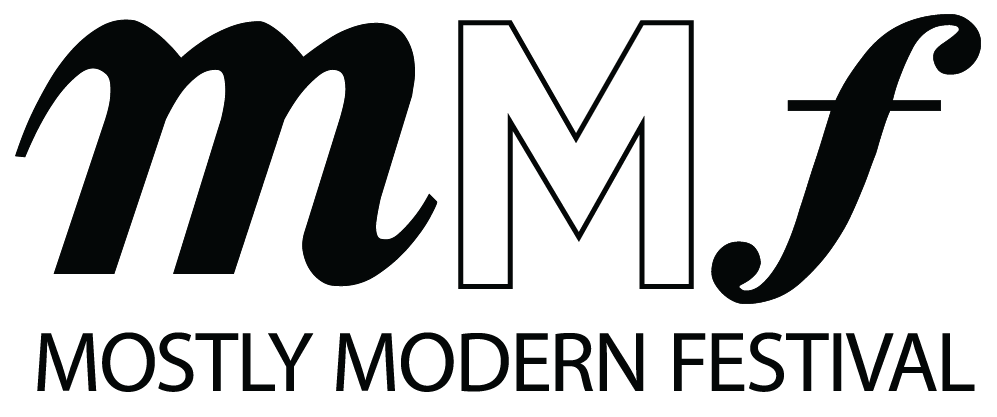Policy on Edits
This policy pertains to edits after pieces have been handed in by the deadline. While we understand that everyone is different and that some composers might be used to continually editing, even during rehearsals, in an environment such as MMF, we need to be respectful of everyone’s time and effort with regard to learning these new works, many of which are quite difficult. Once the performers and conductors have the music, they will work extremely hard, including practicing your music outside official rehearsals. If you attempt to make major changes, it does matter since they’ll have to re-learn your music, which wastes a lot of time.
Just to be clear: minor edits are allowed after your works are handed in for performances or readings, but major edits are not. Minor corrections (note mistakes, meaning a note here and there) are allowed, of course. Any changes that would be considered “major changes” are at the discretion of the ensembles and conductors they are working with, if there is one, and they are under no obligation to incorporate major re-writes or play from a new set of parts.
This leads to the question: what’s the difference between minor and major edits? While not exhaustive by any means, here are some examples:
Minor Edits
- Altering a handful of articulations in a piece (a handful meaning ca. 1-10, or changing an accent to a hard accent for a section).
- Adjusting a few dynamics.
- Fixing a note here and there.
- Transposing a few measures up or down an octave.
- Changing a measure (and no more than a few measures per piece) from 6/8-7/8. or 5/4-4/4, etc.
- Basically, if it can be written in fairly easily with a pencil, it’s probably a minor edit.
- Removing material (sometimes a bit annoying, but people rarely complain about having less to play).
Major Edits
- Adding new sections.
- Re-writing entire melodies, phrases, or rows of notes.
- Changing a lot of time signatures.
- Changing instruments altogether (clarinet instead of bass clarinet – these types of changes are at the performer’s discretion).
- Making new parts and scores.
If you have any questions, please feel free to contact the Mostly Modern Festival’s Composition Program Coordinator or ask the ensembles when you work with them.



